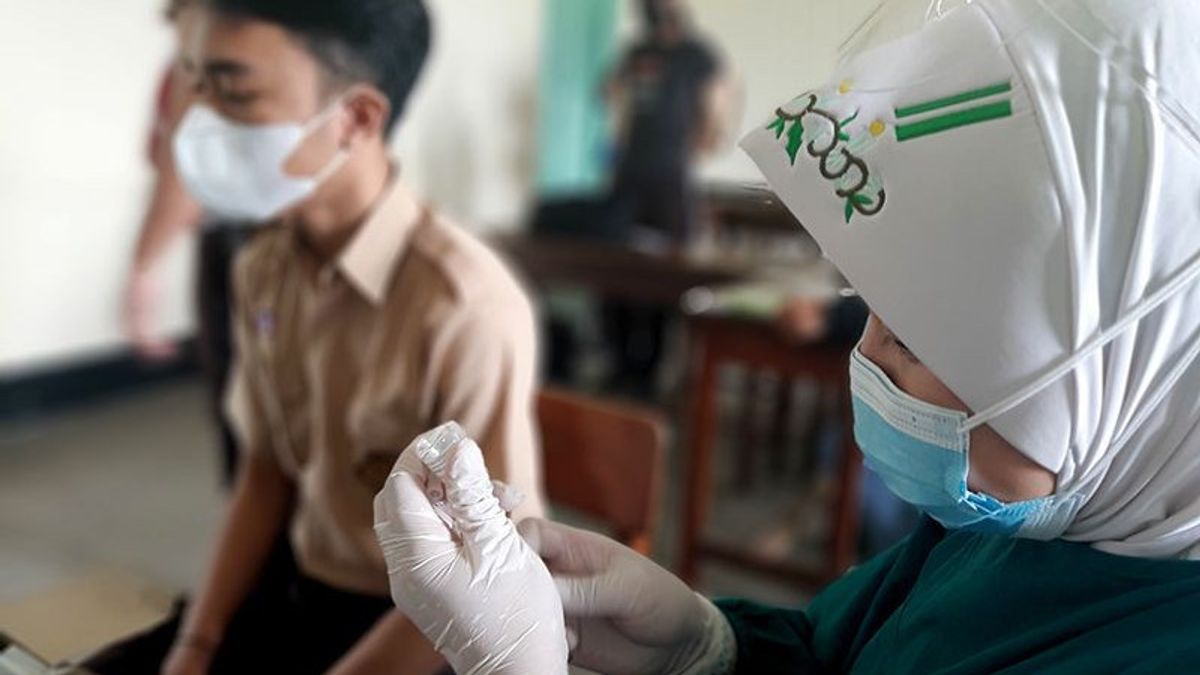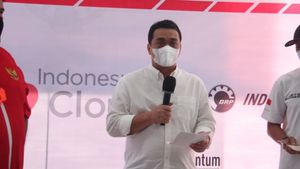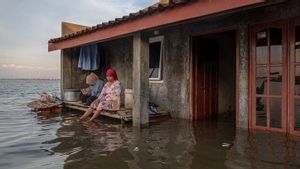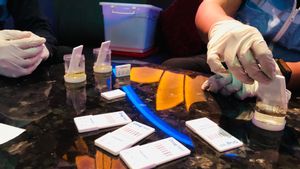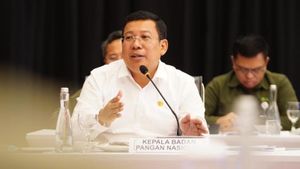JAKARTA - General Chairperson of the Central Executive Board of the Indonesian Pediatrician Association (IDAI) Piprim Basarah Yanuarso said the Sinovac vaccine which has received an Emergency Use Authorization (EUA) from BPOM is safe for children aged 6-11 years.
"I hope parents don't worry because God willing, this COVID-19 vaccine is safe. In fact, in some studies, the side effects of this vaccine on children are much lighter than for adults, with a higher effectiveness for children than for adults," said Piprim in the talkshow “Child Vaccines, Love Families” quoted by Antara, Monday, November 8.
According to him, in clinical trials conducted, about 90 percent of children who took clinical trials did not feel any side effects from the Sinovac COVID-19 vaccine. While the rest only felt local effects such as fever and mild pain around the area where the vaccine was injected.
"If the child is still agile, parents don't need to worry. So parents need to observe, try to get the child to get enough rest, don't get too tired after the vaccine," said Piprim.
For children with special needs, parents are asked to monitor more closely. This observation is necessary because sometimes the child cannot express what is bothering him.
For observation, parents are advised to measure their child's body temperature after the COVID-19 vaccination. When the child's body temperature is slightly above 37.5 degrees Celsius, parents don't need to worry too much as long as the child is still active, cheerful, and willing to eat and drink.
"Besides that, we can compare children's activities with their usual activities. So, children who are usually active, then stay quiet after the COVID-19 vaccine, this may need to consult a pediatrician," he said.
SEE ALSO:
Parents are also asked to make sure their children get enough rest and their fluid needs are met, especially when they have a fever that makes the child potentially dehydrated. According to Piprim, post-immunization fever is actually good enough to cause an immune response in the child's body.
Meanwhile, for children with chronic diseases, Piprim asks parents to first consult with a pediatrician to ensure that their child is used to being vaccinated. Usually, if the child's illness is more controllable, the child will be allowed to be vaccinated against COVID-19.
"In children with chronic problems, as long as it is well controlled, this can be consulted with a doctor who usually treats children to get a certificate of eligibility for vaccination," he said.
The English, Chinese, Japanese, Arabic, and French versions are automatically generated by the AI. So there may still be inaccuracies in translating, please always see Indonesian as our main language. (system supported by DigitalSiber.id)
